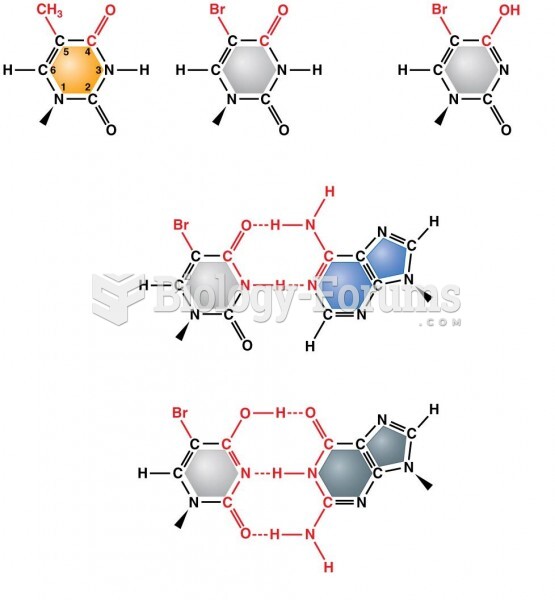Answer to Question 1
Specialized policing services for juveniles is an important but relatively recent addition to the repertoire of services offered by juvenile justice systems in many developed countries.
The number of police officers assigned to juvenile work has increased in recent years. The International Association of Chiefs of Police found that of the 1,400 departments surveyed in 1960, approximately 500 had juvenile units. By 1970, the number of police departments with a juvenile specialist doubled.
Few developing or least developed countries have police officers trained specifically to deal with juvenile offenders.
In Austria an innovative delinquency prevention project involves specially trained police to deal with violent juvenile gangs. The gang unit works to establish an open dialogue with juvenile gangs to help get leaders of opposing gangs to meet and work out their conflicts in a nonviolent way.
Canada has also developed special juvenile gang units as part of police departments. Juvenile gang units exist in all of the police departments of the biggest Canadian cities, such as Montreal, Toronto, Vancouver, and Halifax, as well as in many medium-sized and smaller cities and towns.
In the U.S., juvenile officers operate either as specialists within a police department or as part of the juvenile unit of a police department.
Their role is similar to that of officers working with adult offenders: to intervene if the actions of a citizen produce public danger or disorder.
In Australia and New Zealand, police departments have established specialized youth aid sections, and in New Zealand it is reported that this national unit is responsible for diverting more than half of all juvenile offenders out of the juvenile justice system.
Answer to Question 2
b






